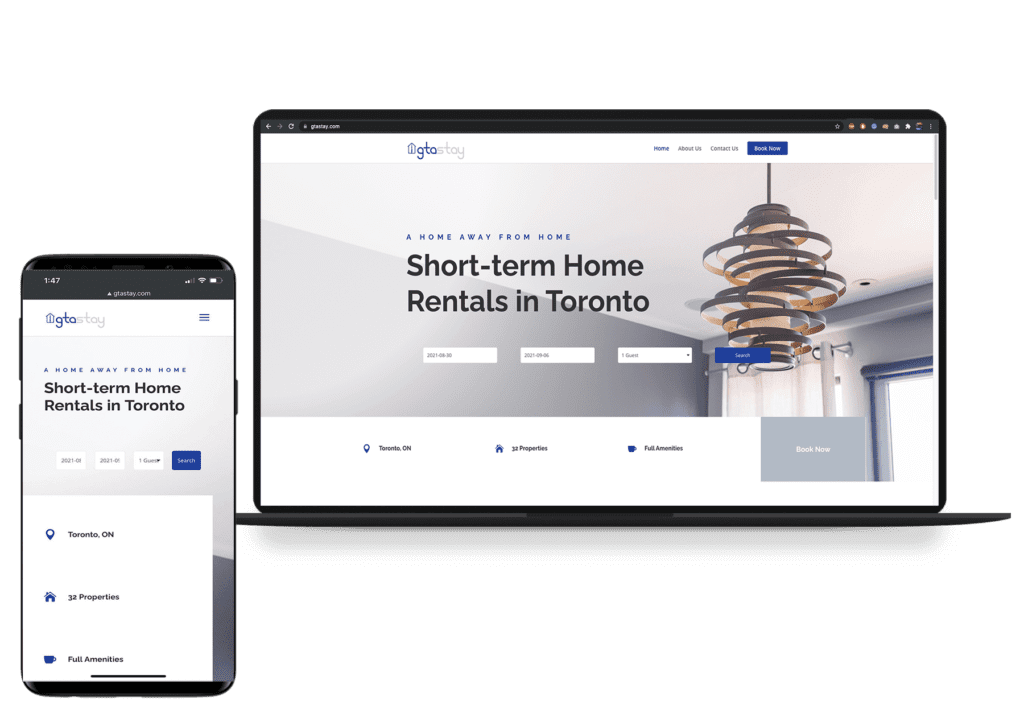Having a strong online presence is essential for businesses to succeed. Search Engine Optimization (SEO) plays a pivotal role in enhancing visibility and driving organic traffic to websites. However, with search engine algorithms constantly evolving, staying ahead of the competition requires a solid understanding of the best SEO practices. This blog aims to provide you with comprehensive insights and actionable tips for optimizing SEO to boost your search engine rankings.
Conduct Thorough Keyword Research
Keywords are the building blocks of SEO. Begin by conducting comprehensive keyword research to identify relevant terms and phrases that align with your business and target audience. Tools such as Google Keyword Planner, SEMrush, and Moz Keyword Explorer can assist in finding the most effective keywords for your website. Consider factors like search volume, competition, and relevance. Once you have a list of target keywords, strategically implement them throughout your website, including in page titles, meta descriptions, headers, and content. However, avoid keyword stuffing, as it can harm your rankings.
Focus on High-Quality and Relevant Content
Creating high-quality, relevant content is paramount for SEO success. Search engines prioritize websites that provide valuable information to users. Develop engaging and informative content that is optimized for your target keywords. Use a mix of text, images, videos, and infographics to make your content visually appealing. Ensure that your content is unique, well-written, and offers a solution to the users’ queries. Regularly update your website with fresh content to improve your search engine rankings and encourage repeat visits.
Optimize Website Structure and Navigation
A well-structured website with intuitive navigation is not only user-friendly but also SEO-friendly. Organize your content using categories, subcategories, and internal linking. This helps search engines understand the hierarchy and relationship between different pages on your website. A clear and logical website structure improves crawlability and indexability, allowing search engines to discover and rank your content more effectively. Create an XML sitemap and submit it to search engines to assist in crawling and indexing your website efficiently.

Prioritize Mobile Optimization
With the rise of mobile devices, mobile optimization has become a crucial factor in SEO. Ensuring that your website is responsive and displays correctly on various devices and screen sizes will help users . Mobile-friendly websites provide a better user experience and are favored by search engines. Optimize your website’s loading speed for mobile users, as slow-loading pages can lead to high bounce rates. Regularly test your website’s mobile-friendliness using tools like Google’s Mobile-Friendly Test and make necessary improvements.
Enhance Page Loading Speed
Page loading speed is a critical ranking factor for search engines. Slow-loading websites not only result in a poor user experience but also negatively impact search engine rankings. Optimize your website’s performance by compressing images, minifying CSS and JavaScript files, and leveraging browser caching. Additionally, choose a reliable hosting provider that offers fast and stable servers. Tools like Google PageSpeed Insights can help you analyze your website’s speed and provide recommendations for improvement.
Ensure Website Security with HTTPS
Website security is vital for user trust and search engine rankings. Implement HTTPS encryption to secure your website. HTTPS protects user data and provides a ranking boost. Install an SSL certificate to enable HTTPS on your website, ensuring a secure browsing experience for your visitors. Search engines prioritize secure websites, and users are more likely to engage with secure websites, leading to higher rankings.
Leverage the Power of Social Media
Social media integration is an integral part of modern SEO. Integrate social media sharing buttons on your website to encourage users to share your content across various platforms. Engage with your audience on social media, build brand awareness, and drive traffic back to your website. Social signals, such as likes, shares, and comments, indirectly influence search engine rankings. Additionally, active social media profiles contribute to a robust online presence, which can positively impact your SEO efforts.
By implementing these best practices, you can optimize your SEO strategies and enhance your search engine rankings. Remember that SEO is an ongoing process that requires constant monitoring, analysis, and adaptation to stay ahead of the curve. Keep up with the latest trends and algorithm updates, and continuously refine your SEO strategy to achieve long-term success in the highly competitive digital landscape.

Call Creative Scope For a Free Discovery Call and Grow Your Business
Our digital marketing agency specializes in helping businesses market and increases their profits. By investing in an experienced and skilled agency with experts who understand the digital world and the importance of high-quality content, you are more likely to yield results. Contact us today to set up a discovery call if you have any questions or would like to hear more about the benefits of investing in a professional website, paid ad campaigns, branding and graphics, social media presence, or valuable content. We look forward to hearing from you



